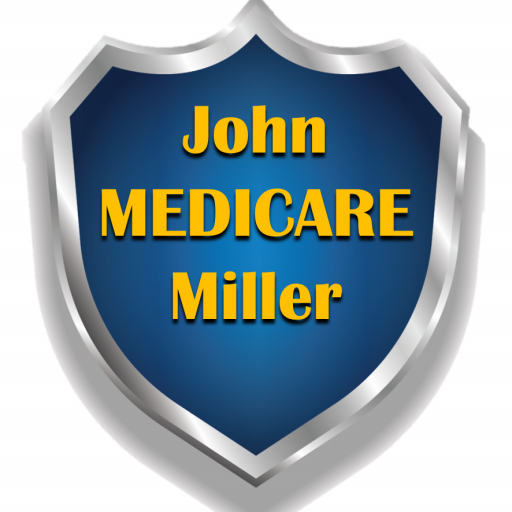DRUG DEDUCTIONS – It is nearing the end of the year, and income tax time is right around the corner. Prescription drug co-pays count as a qualified expense under medical, dental, and Drug Deductions.
If a prescription drug plan or health insurance policy covers part of the cost, you claim just the Drug Deductions’ unreimbursed portion. For example, if you are responsible for a 25 percent co-payment for a $40 prescription, only the $10 you pay is a qualified medical expense or Drug Deductions. The IRS doesn’t usually consider non-prescription medications as tax-deductible.
If you have combined Drug Deductions, your medical and prescription costs will count toward one total deductible. Usually, once this single deductible is met, your medications will be covered at your plan’s designated amount. This doesn’t mean your prescriptions will be free, though.
Drug Deductions or a prescription deductible is cost-sharing with your health insurance company under your plan or policy. First, you will need to pay an amount out-of-pocket before your health insurance, or Medicare will start to pay for treatment and products. Drug Deductions vary under each plan or policy. You may actually have to pay some form of cost-sharing even after the deductible has been met.
Other Important Drug Deductions Facts
Don’t make prescription drugs too complicated when Drug Deductions are perhaps the easiest part of a policy or plan to compare. However, it is essential to know the real differences in Drug Deductions in various plans before deciding on insurance or Medicare plans. After all, you don’t want to have too many surprises or unknowns when you fill a prescription!
Separate Prescription Drug Deductions
Sometimes prescription drugs will be separate Drug Deductions under your policy or plan. If you do have different Drug Deductions, only prescription costs will count. You won’t be able to claim medical treatment or appointments.
Individual deductions are much lower than combined deductibles that cover both medical care and prescriptions, so they are easier to meet.
HSA (Health Savings Accounts)
Many people use an HSA account to help them manage prescription expenses. Beware that it is wise to check out what an HSA covers since not everything is protected.
Medicare Part D Prescription Deductions
Medicare Part D is a drug plan offered to Medicare participants. It has a different set of rules for its prescription deductions. Some programs have a maximum deductible for drugs, and some have no deductible.
Extra Help
Apply for Extra Help if you cannot afford Part D Premiums under Medicare. Extra Help does not lower Part D prescription deductions, and it does lower premiums for many seniors.
Combined Prescription Deductions?
If your plan has a combined prescription deductible, your prescription and medical prescription costs will count toward one total deductible. After a single prescription deduction is met, your prescriptions will be covered at your plan or policy’s designated amount. Your medications will not be free. There may be an amount of cost-sharing that you still have to pay.
Other Miscellaneous Items That Could Be Covered
Did you know that besides prescription deductions, the IRS also lets you claim glasses, contacts, false teeth, hearing aids? They will also allow you to claim bus fare, parking fees for medical appointments and treatment, and mileage on your car. Taxicab fare or Uber may or may not be allowed. Be sure to check with the IRS on all of these items and claim them if they are entitled. Check out numerous companies to compare plans and prescription deductions today!
In Summary
Don’t be afraid to try Mail Order Prescriptions. It is good to check reviews online, on Facebook, and ask around. A lot of individuals have tried and liked these programs.
Call John Miller Today !!! Locally 801-637-4420 or 1-800-224-3229
